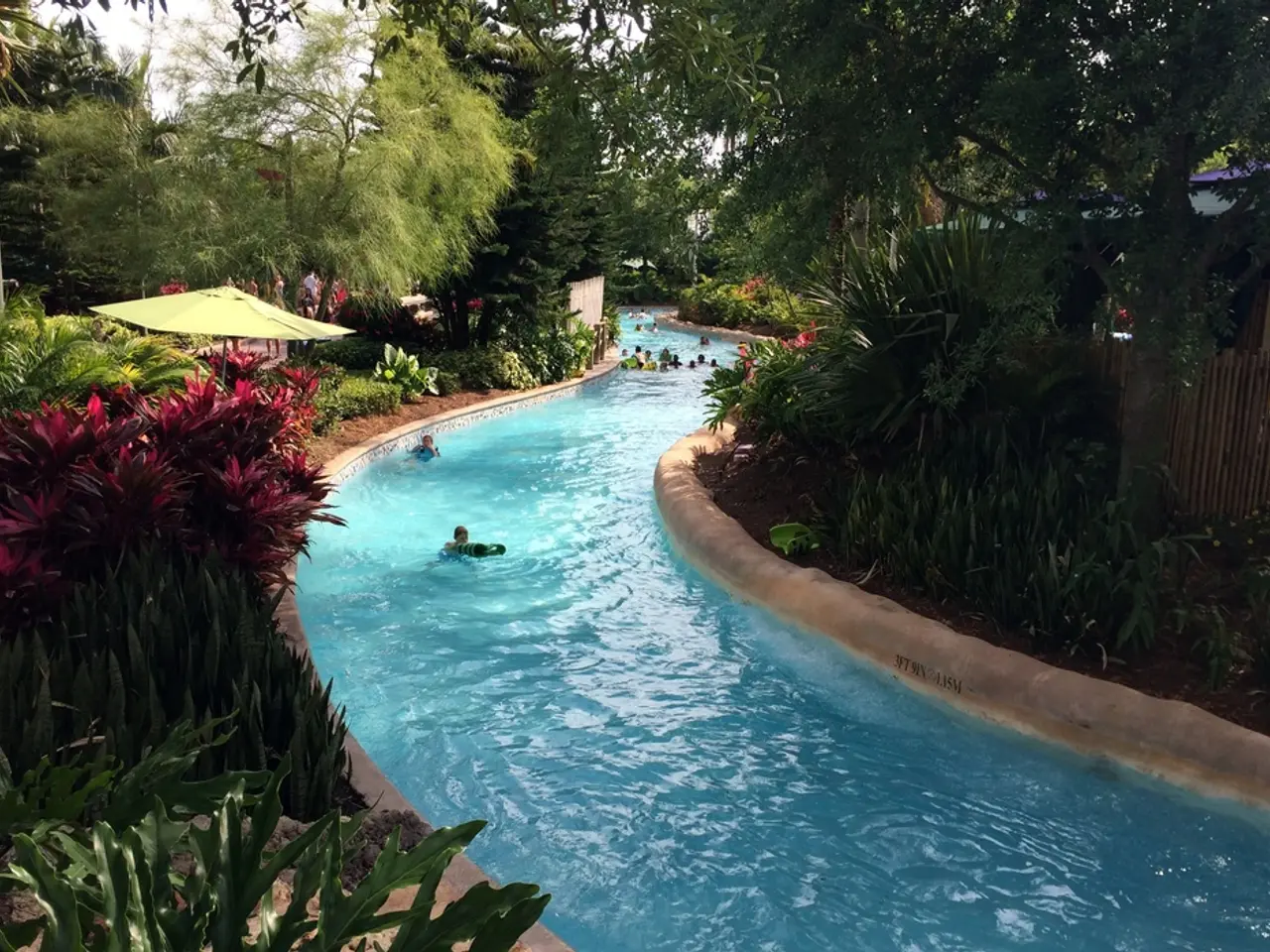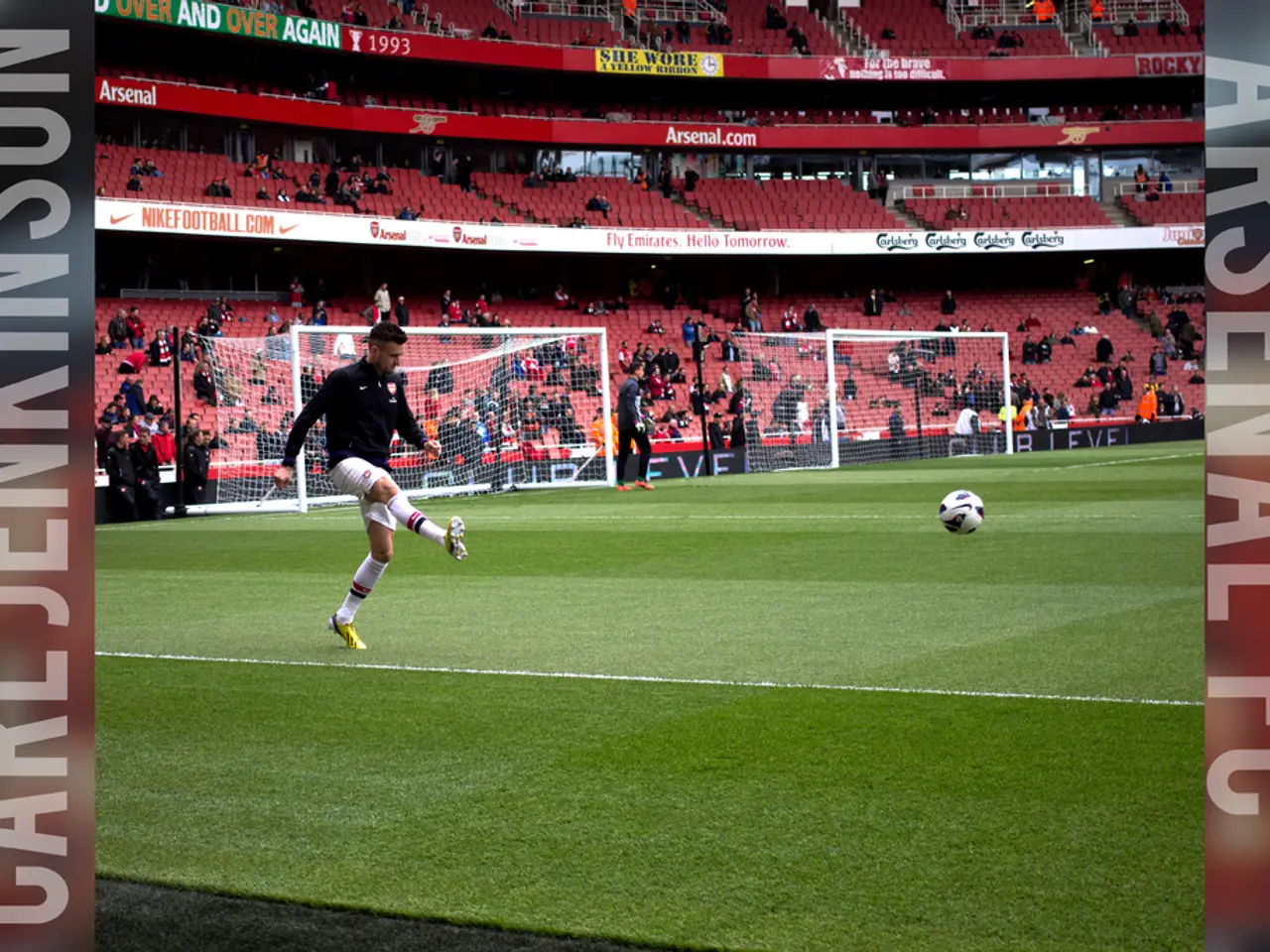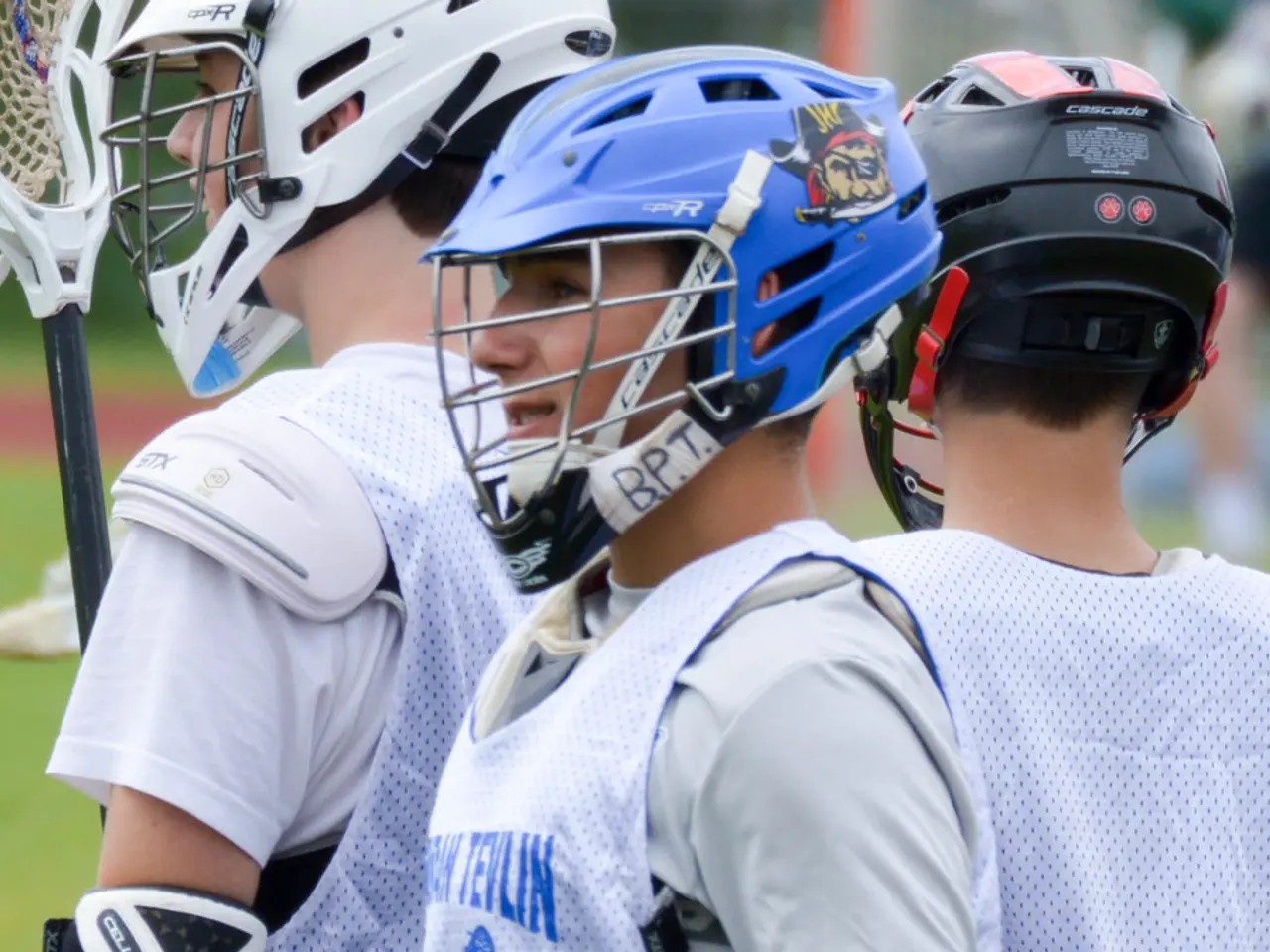Restrictions in the restroom are becoming stricter.
Weingarten and Pedagogical University Collaborate to Share Indoor Pool
The city of Weingarten and the Pedagogical University (PH) have officially signed a cooperation agreement for the use of the indoor pool after its renovation in spring 2027. This partnership will enable the shared use of the facility for teacher training, university sports, and research, while minimising any disadvantages for school and club swimming.
The indoor pool, which has been closed since the end of the Whitsun holidays, will undergo a €10 million renovation, with the federal government covering 5.3 million euros of the cost. The city will participate in 21.5% of the maintenance costs.
To effectively manage this shared indoor pool, several strategies will be employed:
- Structured Scheduling and Time-Zoning: Dedicated time blocks will be allocated for each user group, such as school swimming, club swimming, university activities, and research purposes. Early mornings, late evenings, and weekends could be reserved for school and club swimming, while university activities occur during off-peak hours.
- Priority and Flexibility Agreements: Clear priority rules will be established based on user needs and seasonal demand. For example, school swim lessons during school terms will take precedence. Agreements will allow some flexibility to accommodate unexpected schedule shifts but will protect core usage times for vulnerable groups.
- Expanded Capacity and Efficiency Measures: Improvements will be made to enable concurrent uses in different parts of the pool. For instance, lane swimming for clubs could occur simultaneously with small-group training or research using designated zones. Advanced booking and check-in systems will minimise no-shows and unused slots.
- Stakeholder Collaboration and Communication: A joint management body will be created, including representatives from the city, university, schools, and clubs. This body will negotiate schedules, solve conflicts, and monitor pool usage and satisfaction. Regular stakeholder meetings will align goals and address emerging issues.
- Explore Alternative Water Spaces and Off-Peak Options: Given the shortage of water space and closure of nearby pools, the city and university could promote complementary aquatic options like open water swimming where safe, or off-site dry-land training for university sports when water space is limited.
- Infrastructure Investment and Upgrade: If feasible, infrastructure improvements such as pool expansion or installation of movable bulkheads to enable simultaneous activities and increase overall capacity will be considered.
The Pedagogical University's swimming pool is currently in poor energetic condition and cannot be renovated. The state had planned to build a new swimming pool for the PH, but this plan has been abandoned due to the cooperation. Rector Karin Schweizer believes that sharing the indoor pool is sensible for climate protection.
The Swimming Sports School Weingarten has not been able to offer enough swimming courses due to insufficient space in the existing indoor pools. With the shared indoor pool, the school will have more opportunities to expand its offerings. It is possible for two users to be in the indoor pool at the same time, using separate pools.
Approximately 700 apartments will be built in the Martinshöfe and 14 Nothelfer districts in the coming years, potentially increasing the city's population. The city speaks of a "win-win situation" with the cooperation, as it will save on indoor pool new construction and maintenance costs.
[3] Best practices in shared community-sport facility management have proven effective in other similar contexts where urban aquatic space is limited.
Application of the shared indoor pool will extend beyond school swimming to include university sports. (Structure Scheduling and Time-Zoning)
With the shared use of the indoor pool, the Swimming Sports School Weingarten can expand its swimming course offerings. (Explore Alternative Water Spaces and Off-Peak Options)






